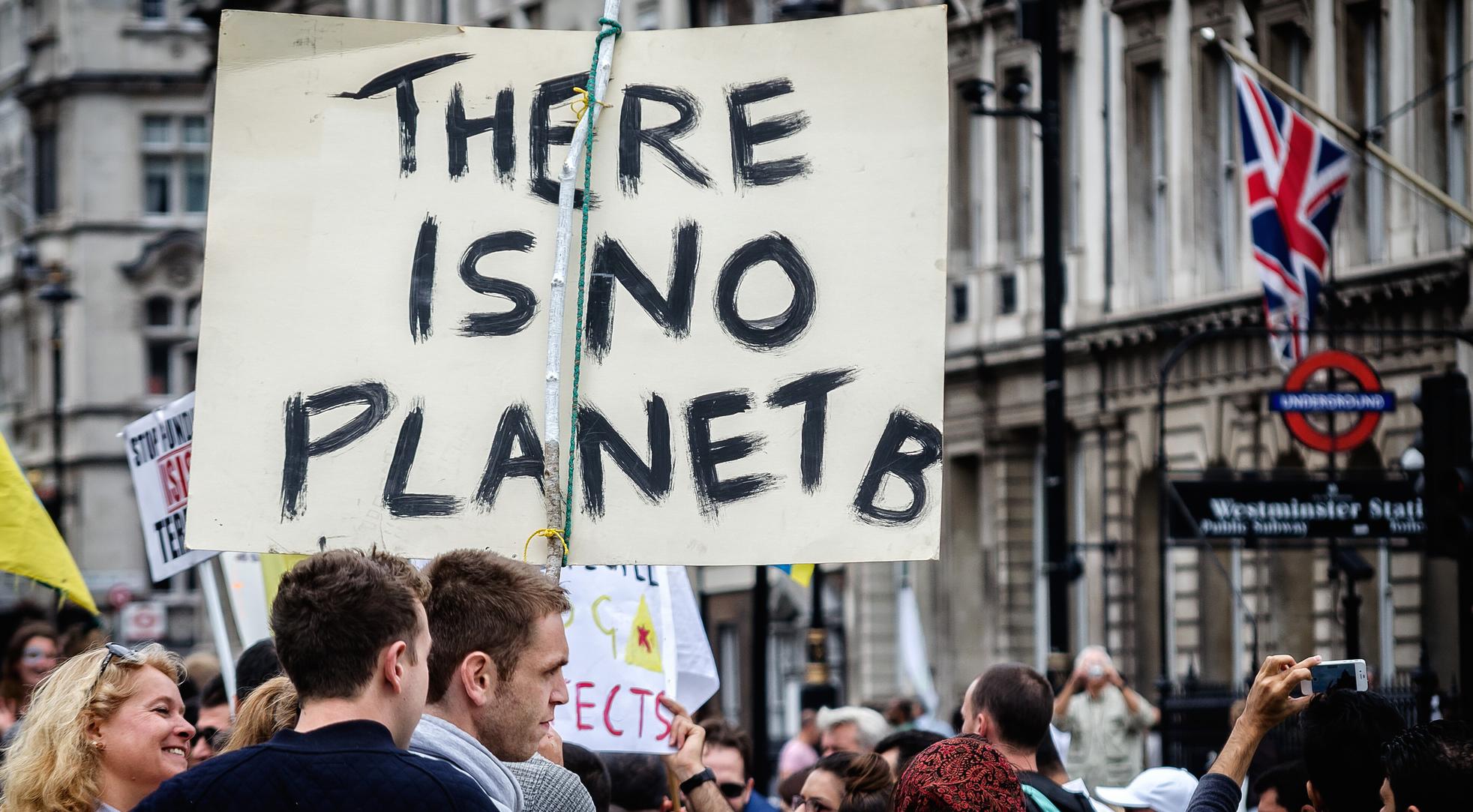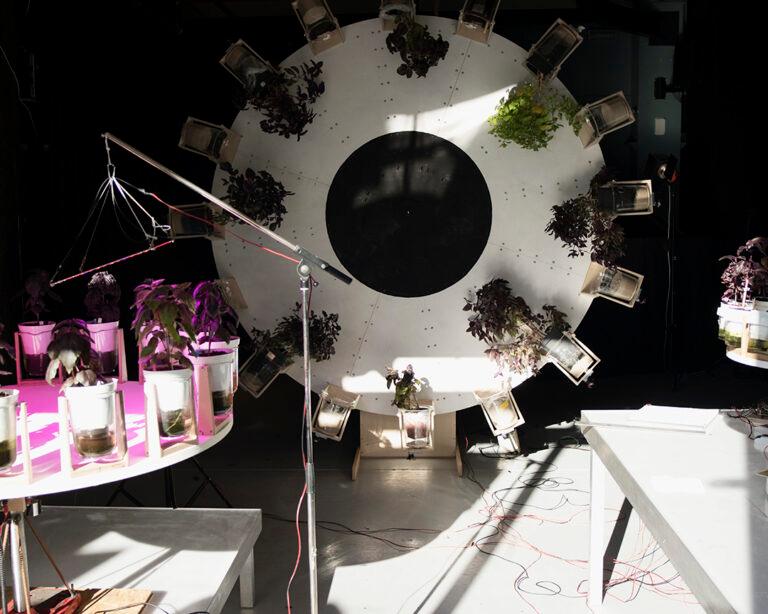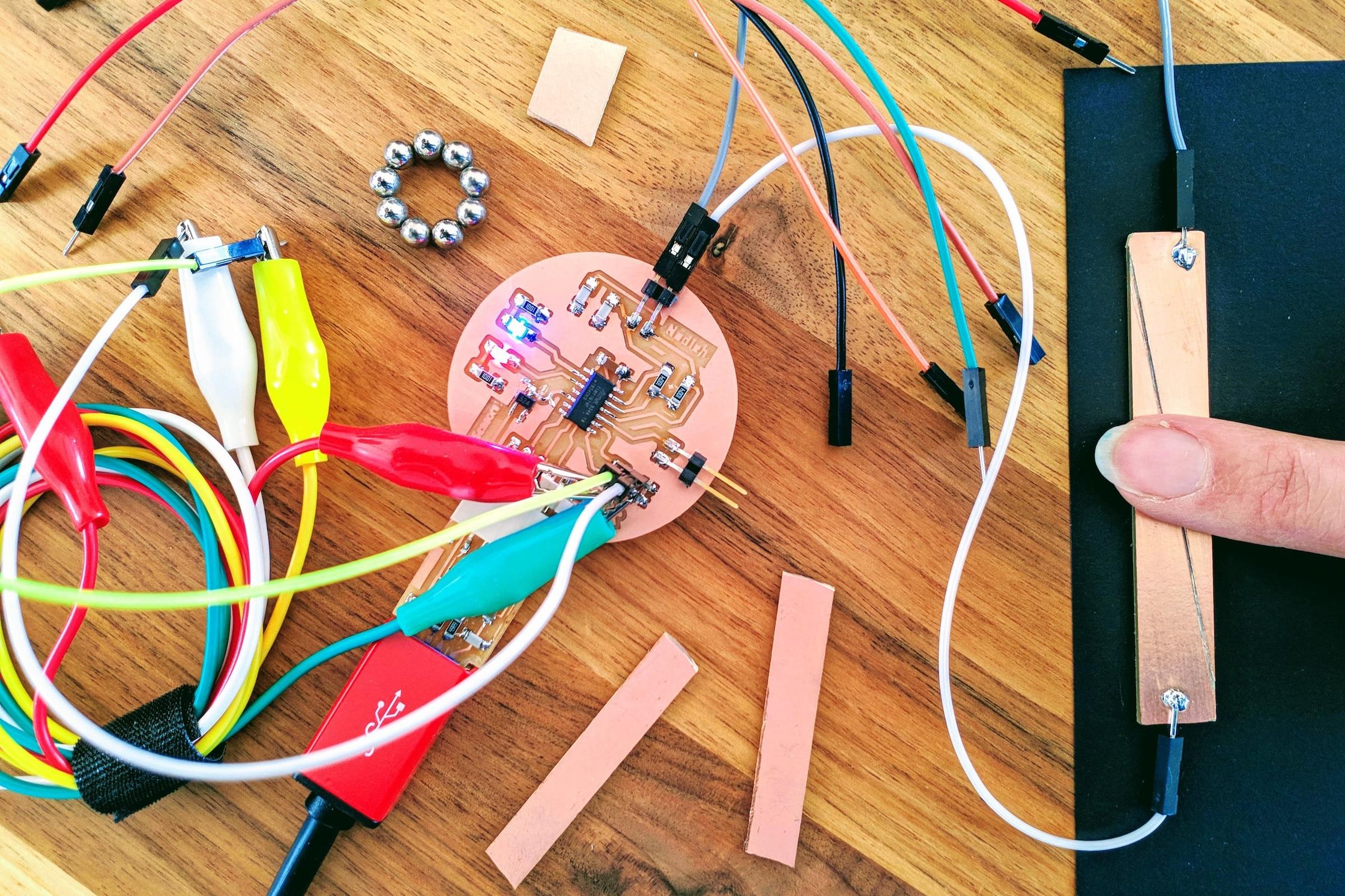Imagine a planet that’s a lot like Earth. We’ll call it Planet B. The atmosphere is rich with oxygen and carbon-based life forms happily hop and run and hang around. There are oceans teeming with life and pristine beaches that turn into lush jungles; gently sloping fields of green stretch out in every direction. Planet B is a place of natural beauty— unspoiled by pollution, unmonitored by satellites, untouched by the hand of human endeavour.
Now imagine that, at some point in the future, our descendants discover Planet B. Shortly afterward a flurry of activity will take place: scientists investigate the planet’s accessibility, space agencies race to ready their quantum rocket ships, and government officials quibble over who gets to plant the first flag. The colonisation of Planet B is underway.
But as the frenzied preparations unfold, a unique set of ideas takes hold of the public imagination. Given this unprecedented new opportunity, what if they could do better? What if they could learn from past mistakes made on Earth and create an open society on Planet B that is fair to all? What would that society look like, and what will it take to actually make it happen?
Planet Earth is all we have at the moment
These types of questions about improving the underlying systems of society have as much relevance to us right now as they do to the future colonisers of Planet B, and arguably even more. Planet Earth is all we have at the moment and—this will hardly be news to anyone—we’ve been slightly negligent in its upkeep. While it’s very possible to imagine green fields of possibility on which we may build a new society from the ground up, it is much harder to provide solutions that fix the tarnished ‘brown fields’ we currently inhabit. But imagining a new start, like the one on Planet B, could help us identify values that will move us in the right direction here on Earth today. Some of those values can already be found in earthly systems.
Consider, for example, the ‘commons’— communities formed around the idea that all private ownership should be foregone for the benefit of the collective. All resources, whether material (such as air and water) or non-material (such as knowledge), are held in common by the group and managed with a set of informal norms and practices that are established by iteration and evolve over time. A commons operates on principles of democracy, openness, transparency and sharing, and provides a different way of thinking from the one on which our traditional economic models are based. What a commons-like model might look like for a global society is eloquently described in the work of Kate Raworth and her book 'Doughnut Economics'.

The doughnut, in this case, is a ‘safe and just space for humanity’, and it exists between a set of common-sensical human rights and needs, the ‘societal foundation’, and the limitations of the planet we inhabit, the ‘ecological ceiling’. Fall short in the former department, which contains facets such as water, food, health and education, and you end up in the doughnut’s hole. Fail to take into account the latter, which is made up of topics like climate change, loss of biodiversity and ocean acidification, and you fall outside the doughnut’s outer fringe. As such, Raworth’s doughnut provides an economic guideline that encompasses the needs of all within the means of the planet. Between the two demarcations—on the doughnut—is where any responsible society should want to be if it values a long lifespan. Sadly, the overwhelming majority of present-day companies do not inhabit that space.
Maker movement
A glimmer of hope comes by way of the so-called maker movement, which strives to make this way of thinking—the way of the commons—more prevalent, most notably by creating and running the shared maker spaces and Fab Labs. But as the means of digital fabrication—3D printers, laser cutters, wood milling machines—become mainstream and Fab Labs pop up all over the world, the challenge of the maker movement lies in defining its values of sustainability, openness and critical making more visibly, and at the same time adopting a more focussed agenda to promote them.
The core adage of the maker movement—“If you can’t open it, you don’t own it”—is part of a philosophy that has already sparked numerous projects aiming to improve our world. The realisation, for example, that a typical smartphone cannot be opened and studied, let alone tweaked or have its components replaced, lead to the foundation of Fairphone a number of years ago. What started as a project at Waag’s Fab Lab is now a company that empowers the user by taking away the mystery, striving for social justice and operating within the boundaries of our planet— in other words: right inside the doughnut.
Fairphone is an inspiring example of how things may be done differently, and an argument for investigating how we may all start to move away from traditional consumerism and help construct a new economic reality. Of course, for any initiative to stay within doughnut boundaries, certain responsibilities will have to be innate to its operating principles. Sustainability is key among them. The maker movement, potential frontrunners of this paradigm shift, can play a pivotal role in the process—and should. Sourcing materials critically seems a logical step towards a healthier planet, but it still happens too often that plastics and other unrecyclable materials are used in Fab Labs, without a clear enough idea about where they came from or where they will end up eventually.
In addition, the movement would benefit from an unambiguous phrasing and propagation of its core principles. It is no longer good enough to simply say: let’s open up access to the tools and make stuff together. While fun and play are vital to the maker movement’s dynamics, it’s time to start wondering more proactively how we can funnel this dynamic towards transformative innovation. The corporates of our world (i.e. those not subscribed to the ways of the doughnut) are already adopting the maker movement rhetoric as a marketing approach, conveniently forgetting to adopt its values as well. The maker movement, and by extension the Fab Labs, stands to lose ideological ground in the confusion.

When I met Kate Raworth at Waag in October 2017, she grabbed a napkin and a pen and plotted three lines on a graph, calling them horizons (see above). The first horizon represents the old economic model, or ‘extractive economy’, named such for its parasitic approach to our resources. On this hopeful napkin, this model’s prevalence decreases over time. The second horizon, representing the ‘generative economy’ (which consists of initiatives that operate on the doughnut and have a symbiotic relationship with the planet, its people, and its resources), is a rising line. The third horizon, that of disruption—the one that represents our ability to critically innovate, to surprise ourselves, to make things better for all of us—runs down the middle of the graph. About halfway it spikes upwards, indicating that the benefits of this horizon are up for grabs. In such, it runs the risk of being captured by the old, extractive model, as much as it holds the possibility of being harnessed by the new, generative one.
In this sense the graph, which is based on Graham Leicester’s work ‘Transformative Innovation’, contains as much a warning as it does a hopeful direction for our future. Lest we let the extractors kidnap the language and ways of the maker movement without adopting its values of openness and inclusivity, we should claim those values visibly, incorporating and promoting them in everything we do.
Which, and please bear with me here, brings me to mushrooms. Mushrooms and other fungi can form underground networks which link the roots of trees and other plants. This boosts the plants’ immune systems and even allows for the exchange of nutrients—a type of communication that has prompted the term 'Earth’s Natural Internet'. The point here is that we, the critical thinkers, the disruptors, the makers and movers: we are all part of a similar underground root structure, a network intent on sharing knowledge and resources, and on spreading the wealth our planet has to offer, without scaling it upward for the sole profit of a select few.
Fab Labs and Fairphones and other initiatives may sprout from the soil we inhabit, each propagating the values of the common good. It is the realisation that we are part of this bigger alliance, this wonderful movement of the like-minded, that empowers us to grow in the right direction together, creating a society along the way that we can proudly pass on to our future descendants. You know, just in case there is no Planet B.
This article was published in the Fab Lab 10 magazine, celebrating a decade of Fablab Amsterdam. Co-written with Thijs van Himbergen.


